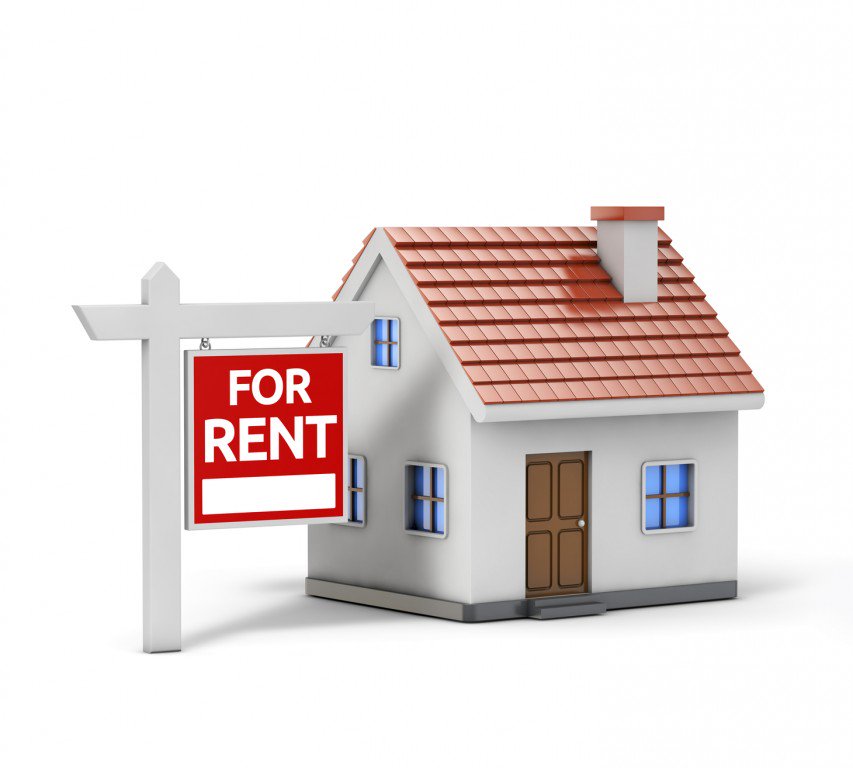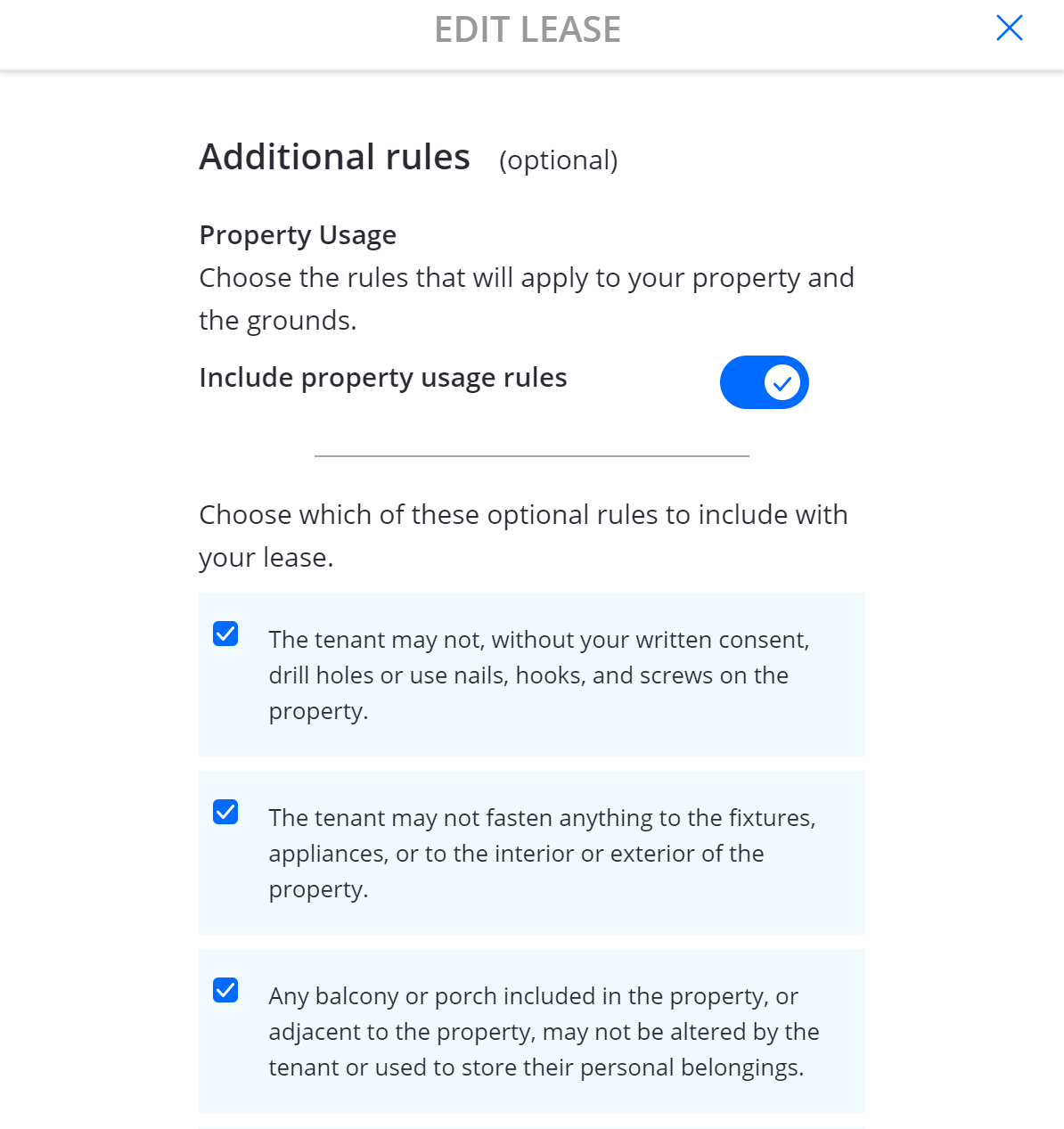What are the rules for renting a house? Can a landlord enforce this rule? In a lease contract, the landlord or landlady transfers part of his or her interest to the tenant.
That is, the tenant can occupy and use the property. The specific rules and requirements often vary based on the state where your property is locate but here is a general list of landlord responsibilities: 1. There are generally two levels of rules that landlords put in place regarding the management and operations of a rental property. The lower level rules, or house rules, are generally the housekeeping type issues such as pool hours, charges to replace lost keys, and the community quiet hours. Lower level rules help the community run smoothly and won’t affect the tenants too greatly.
They are considered major rules that, when change could affect the tenant’s use and enjoyment of the unit. Higher level rules are more than basic house rules. Changes to those rules may even contradict the lease agreement, causing tension between landlords and tenants. See full list on rentprep. It’s a good idea to include a clause in the lease agreement that states that the landlord can adopt or amend “insubstantial” community rules and regulations with proper notice.
This kind of clause in a lease agreement can be very helpful when it comes to housekeeping for a rental property, especially a multi-unit place where one tenant’s rule breaking may spill over into affecting the behavior of other tenants. When landlords set up the rules and regulations to manage their rental properties, they should have basic rules and regulations in the lease agreement or a community rules addendum. If landlords want to include a clause in a long-term lease about changing the community rules in the lease agreement, always include a time frame for implementing insubstantial changes. A 15- or 30-day notice is a common timeline that gives tenants a chance to get used to the changes before they have to take action. This works well for basic rule changes that aren’t urgently neede but should be.
It’s easy to identify what higher level rule changes to a long-term lease are because they will significantly affect the tenant’s enjoyment of the property and would actually change the lease agreement if implemented. In other words, if a rule will materially change the way the tenant has been living or costs the tenant significantly more money, it is considered a higher level rule change So what kind of rule changes might fall under this category? Examples of higher level rule changes include suddenly charging to use laundry facilities that were no longer free, deciding that pets are no longer allowe or that smoking is no longer allowed.
Other examples include charging for parking or taking a parking spot away from a unit, charging tenants for utilities that were previously paid by the landlor increasing the cost to replace lost keys, suddenly restricting pets when they were previously allowed and even raising the rent. Such changes may contradict the long-term lease agreement. After all, big changes to the rules and regulations generally mean that landlords are changing the very wording in the lease agreement or community rules that the tenant initially agreed to.
In many cases, big rule changes should really be an amendment to the long-term lease agreement. An amendment to a lease agreement is a document that specifies that the landlord and the tenant agree to something new and different than what was originally on the lease agreement. By signing the amendment, both parties agree that the new rule as outlined is the current understanding and expectation of behavior. Of course, if the lease amendment isn’t signed by the tenant, it cannot go into effect and won’t have any influence on the current lease agreement.

When it comes to making changes to the community rules, landlords will ultimately be able to run their place how they want to, as long as they are not violating any municipal, state or federal laws. However, depending on the type of rule change, they may not be able to implement the changes whenever they want. For a month-to-month lease, proper notice is all that is needed to make any type of change.
For a long-term lease, it’s often best just to wait until the lease renewal time to make any major changes to the rules and regulations of the rental property. Tenant shall not make maintenance requests of maintenance personnel or workmen. Decorations shall be installed in such a way as not to damage substantially, the walls, ceilings, floors and carpets. Seizure of illegal drugs — Notification of landlord. A habitable property is one that is free from infestation, has adequate heating, water, and electricity, and is structurally sound.
Laws vary from state to state, and even from city to city. How to use landlord in a sentence. Customize, e-Sign, Print. They set out the rules for living in my house and every landlord should have a set of their own house rules. We have our house rules set up so they are an addendum to our lease.
In that way, they have full legal force and effect, just like the lease proper. That usually means keeping it short and sweet. Landlord’s Rules and Regulations.

For instance, instead of worrying about clothing or the number of guests, a landlord can simply prohibit tenants from selling drugs. Definition of landlord. Under state law, California landlords must disclose specific information to tenants (usually in the lease or rental agreement), such as whether the gas or electricity in the tenant’s rental also serves other areas and information about toxic mold if the landlord knows that mold on the property exceeds exposure limits or poses a threat to the tenant’s health.
If they do, they’ll get evicted. In Texas, a written or oral lease exists when a landlord accepts regular payment for inhabiting property. According to Texas law ( TX Property Code Chapter ), a lease grants certain rights to the tenant, such as the right to a habitable dwelling and the right to take at least one form of alternative action. Even if you get evicted the landlord is not allowed to keep your belongings.
The landlord does not have to provide a common kitchen area for renters. Where there are between 6-renters, the landlord may provide a kitchenette in your room. But your landlord can only provide a kitchenette if your room is 1square feet or larger.
Rental Applications, Lease Agreements, Credit Reports.

No comments:
Post a Comment
Note: Only a member of this blog may post a comment.